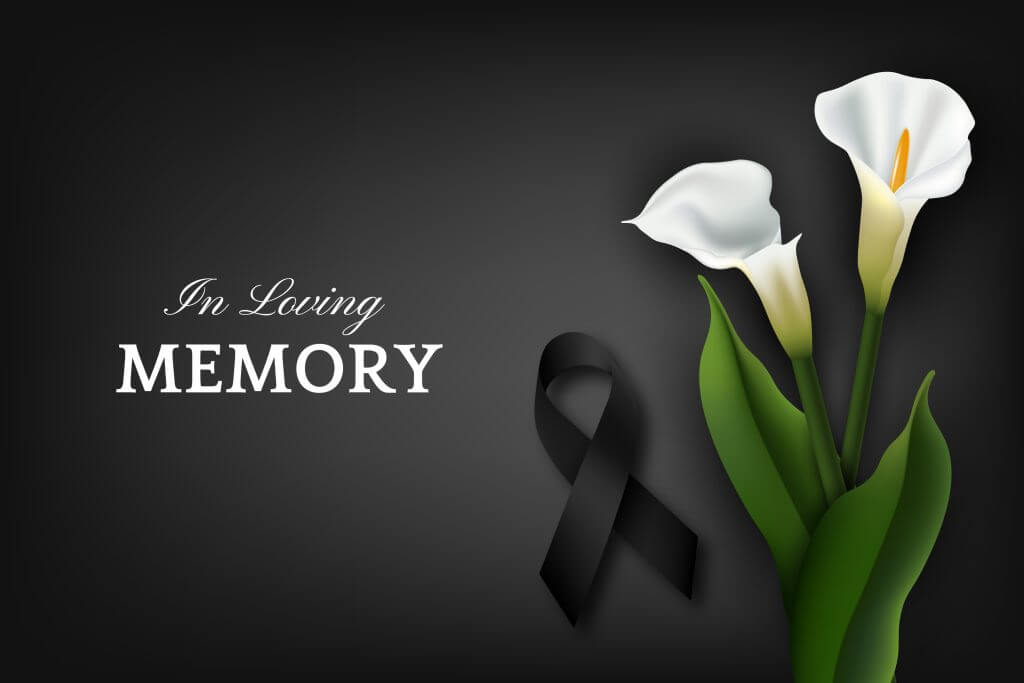priorities
What Do We Want Our Obituary To Say?

25th Sunday Ordinary Time
Deacon Tom Vert
Preached: September 21, 2025
About 30 years ago, an author named Stephen Covey wrote the book “The Seven Habits of Highly Effective People”. The second key habit he wrote about was “beginning with the end in mind”. He challenged people to write their own obituaries and then use that as the goal for
all major decisions in life.
As an example, I wrote down that I would like my legacy to be as a great husband, a great father, a leader who cared about his people and a person who had God as a priority in my life to help make all the other goals possible.
This thought of my eulogy, made decisions as to whether to answer the call to the diaconate, whether to move to another country for a promotion or whether to stay late or come home for dinner with the family much easier. Jesus is giving the exact same message as Covey just 2000 years earlier!
No servant can serve two masters. He will either hate one and love the other, or be devoted to one and despise the other. You cannot serve both God and mammon.
Jesus tells us that our decisions in life and the path we pick will be based on which master or key goal that we chose in our life! The focus that our obituary or eulogy would state, is the one that we will spend our time, talent and treasure on as it is where we are focusing.
The key to understanding this concept is the word “mammon” which has been translated as wealth or money, but that doesn’t really define it well enough. Mammon is an Aramaic term and is depicted as a false god or master that competes with God for human devotion and loyalty, it becomes the idol or focus that will draw individuals away from their devotion to God.
Jesus challenges believers to examine their priorities and to ensure that their trust and allegiance remain with God rather than with material possessions. You cannot serve two masters! Only one focus will override everything.
Remember the parable of the man so wealthy that he was building a bigger barn, and yet he would die before he saw it filled. Or when Christ challenges the rich young man to give up all his possessions or really his security in his bank account and follow Jesus, and he had to walk away.
It is truly a challenge that God is telling us that “you shall love the lord your God with all your heart, mind, soul and strength”, and if you do, then how can you have a second master or goal?
This is also what the prophet Amos is talking about in the first reading today, that the leaders of Israel, and especially the king has forgotten about God and chosen to follow the path of power and wealth.
Amos cried out for social injustice and in the reading, we see the leaders focus on cheating in the sale of grain – smaller containers than they are supposed to be; heavier weights than actual; tampering balances; putting in filler (chaff) instead of wheat.
We see how they can’t wait for religious festivals to be over, or the sun to set on the Sabbath so they can go back to increasing their wealth! The ancient kings of Israel were being told they had mammon as their goal and not God!
So, Christ also challenges us today to make a choice – do we follow the way of the world, with power and materialism as our main goal or do we choose the path of God’s priorities? What kind of choices does this mean in the modern world? Is this something from 2000 years ago that isn’t practical now? How do we put things in perspective as we try and balance taking care of our family, offsetting increasing prices and inflation with this challenge to be God focused?
The key I think lies in the virtue of prudence which God has given us. To be prudent means we find the right balance point between being smart versus being frugal; between being generous and being wasteful.
We are called to allow God to guide our decisions so that our finances are enablers for our family and community life and not drivers of our life that cause us to lose God’s perspective of it.
The challenge of Christ two millennia ago is still relevant today so, this week, let us focus on our choices and then ask ourselves “What do we want our obituary to say?”
